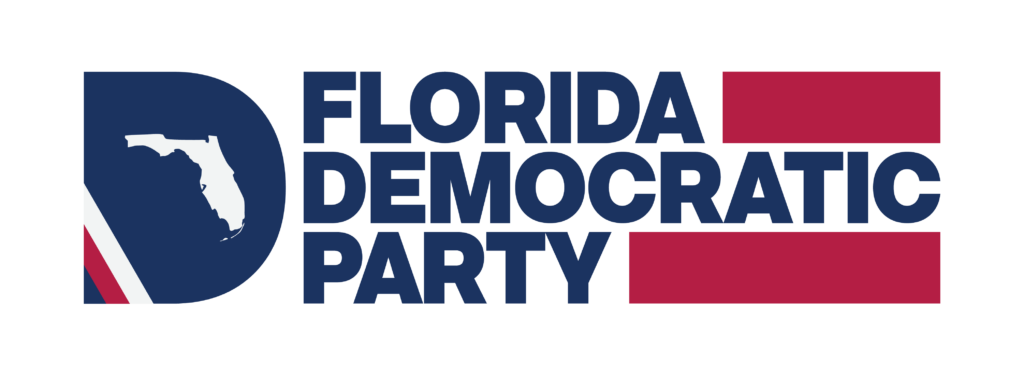Florida Republicans and their allies are allowing Big Utilities to fleece ratepayers and devastate the environment. The Republican Public Service Commission is, as always, putting the public interest behind the demands of the special interests. Hard working Florida families feel the squeeze.
Perhaps they should consider renaming themselves the Special Interest Commission, considering whose side they are really on.
—
Tampa Tribune: Regulators OK charging customers for ‘fracking’ exploration
BY JAMES L. ROSICA
Tribune/Scripps Capital Bureau
Published: December 18, 2014 | Updated: December 18, 2014 at 01:30 PM
TALLAHASSEE — The state’s utility regulators Thursday approved Florida Power & Light Co.’s request to charge its customers millions of dollars to explore for natural gas to run its power plants.
If successful, the project could save an average FPL residential customer nearly $2 per year, according to commission staff.
The utility sought permission to pass on the cost of a $191 million exploratory fracking project to its ratepayers. It will be a joint venture with Louisiana’s PetroQuest Energy.
The five-member Public Service Commission, which regulates the state’s investor-owned utilities, approved the request 4-1.
Commissioners Eduardo Balbis, Ronald A. Brisé, Julie I. Brown and Lisa Edgar voted for the proposal; commission chairman Art Graham was opposed.
“If customers are going to pay for gas that comes from unconventional sources, it should be cheaper,” Balbis said. “We have to protect customers from price fluctuations … I think this is a good contract.”
FPL spokeswoman Sarah Gatewood told reporters the utility ultimately expects the project to save customers millions of dollars.
“We look forward to moving forward,” Gatewood said.
Susan Glickman, Florida director for the Southern Alliance for Clean Energy, which opposed the proposal, continued to call the plan “very unorthodox.”
Among utilities, “there’s this constant refrain about the need for fuel diversity,” she said, referring to avoiding an overreliance on natural gas. “But this goes exactly in the opposite direction.”
Fracking, short for hydraulic fracturing, involves drilling deep underground and shooting fluid at high pressures to break up shale rock, releasing gas or oil trapped inside.
Critics continue to question an idea that, with the possibility of other drilling projects to follow, could cost FPL customers up to $750 million.
FPL has argued, however, that its ratepayers will save money in the long run if it finds gas by avoiding price spikes on the open market.
Staff members told commissioners the initial effort, if successful, could save the typical residential customer using 1,000 kilowatt hours a month as much as 16 cents per bill by 2016.
A regulation enacted in 1980, known as the state’s fuel clause, allows power companies to pass along the expense of fuel to run power plants.
Natural gas is the fuel that runs the turbines that produce electricity in most of Florida’s power plants.
In Thursday’s case, FPL wanted the commission to apply the regulation to cover fuel that hasn’t been found yet.
Commissioner Lisa Edgar responded to concerns about fracking’s safety, saying most gas now used in Florida is already coming from fracking wells around the country.
The technique has raised concerns partly because the fluid injected into the ground contains chemicals that could pollute underground water supplies.
The commission has told utilities to “take all efforts to reduce fuel costs … and I believe that’s what this project is intended to do,” Edgar said.
Commissioner Ronald A. Brisé, however, said he questioned utilities getting into the production end of the energy business.
“The question is not what you think about fracking,” Brisé added, but rather, “do we have the tools to ensure that customers would be getting the best deal, all of the time?”
In other action, commissioners rejected another of FPL’s requests to also pass along the cost of lobbying the federal government on water quality regulations.
In a statement, Graham said the commission “determined that the utility did not meet a legal threshold for passing along costs to customers” in that case.




